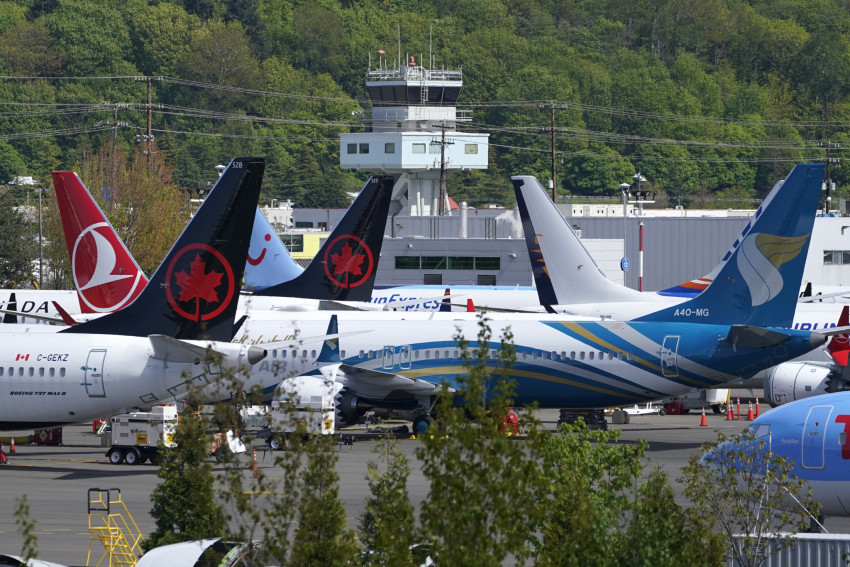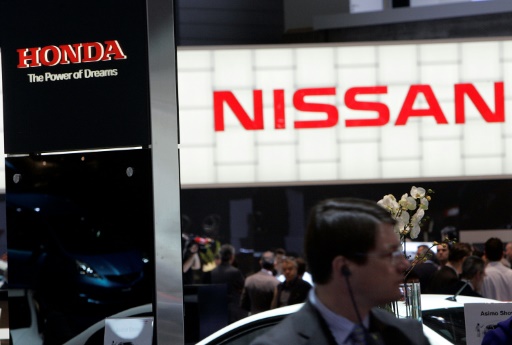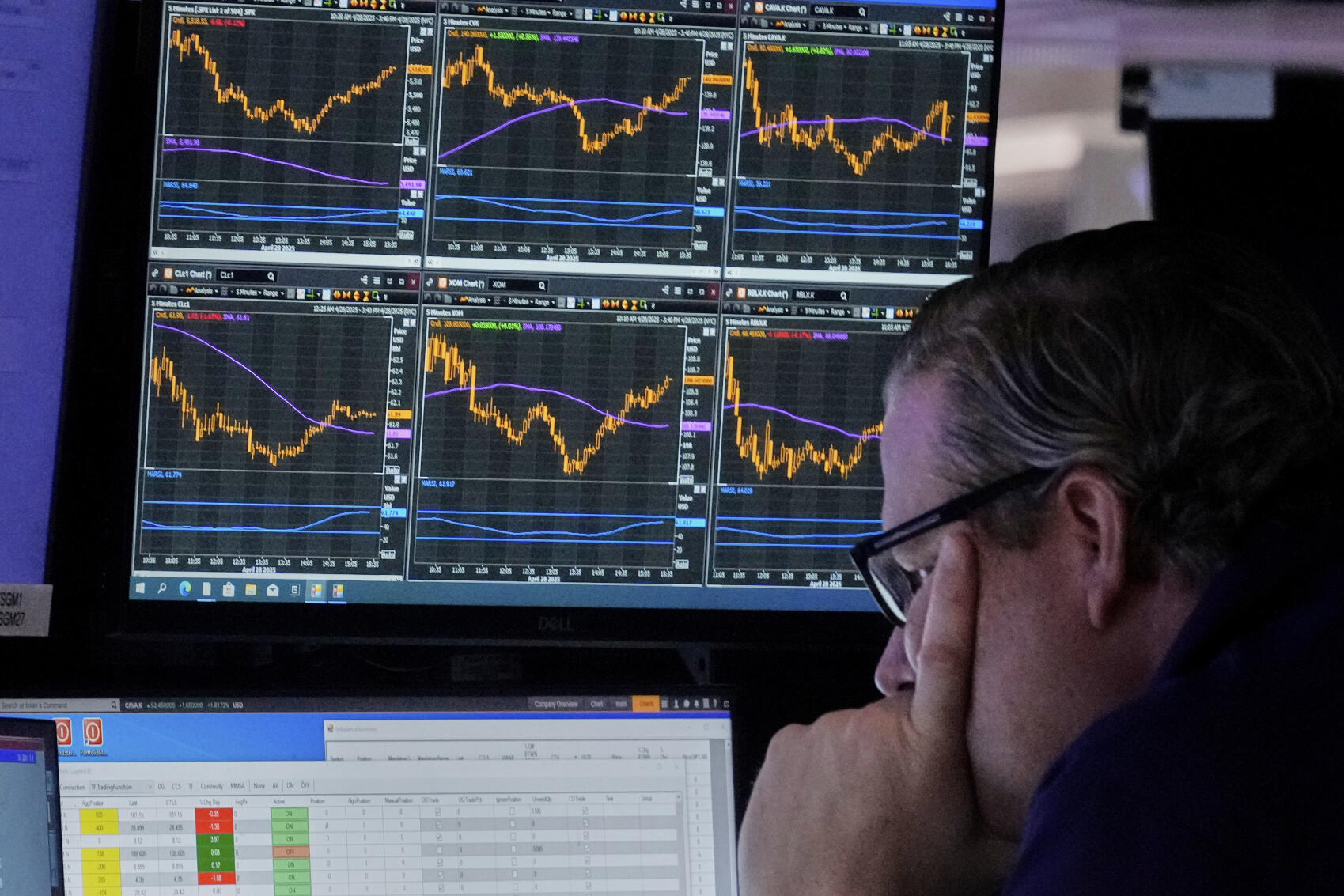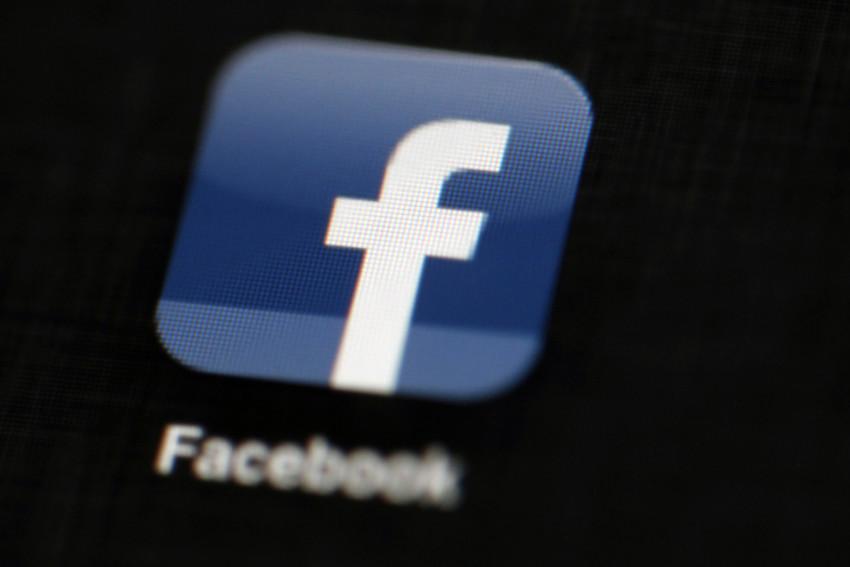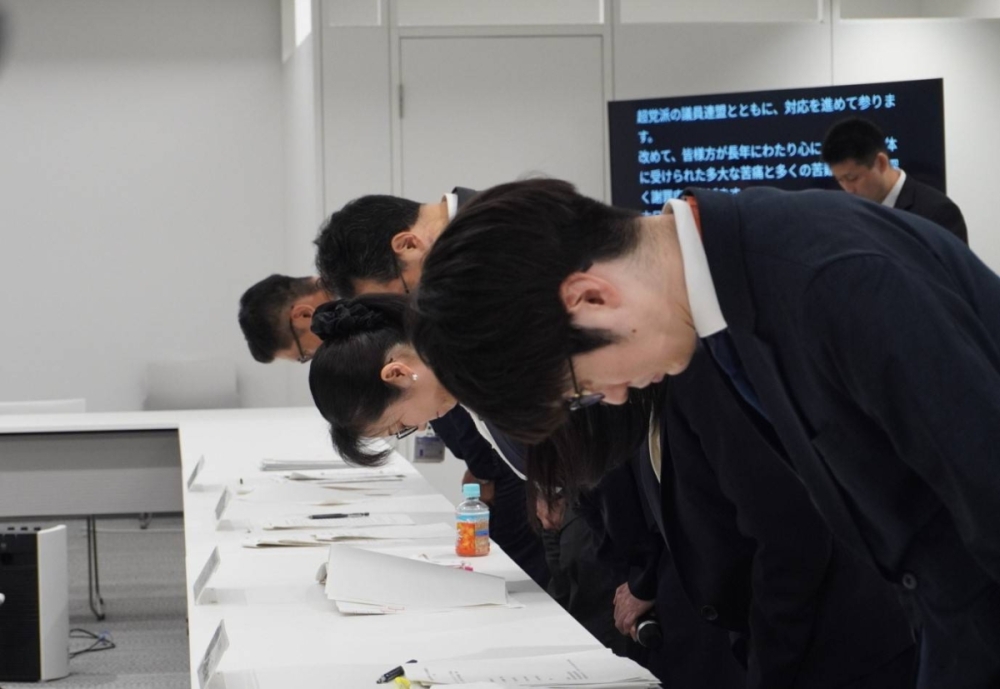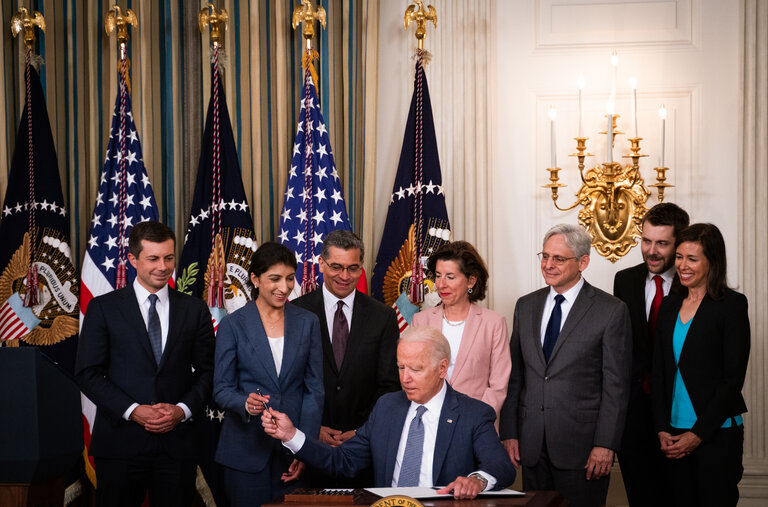Japan real wages log 1st fall in 3 months amid continued price rises
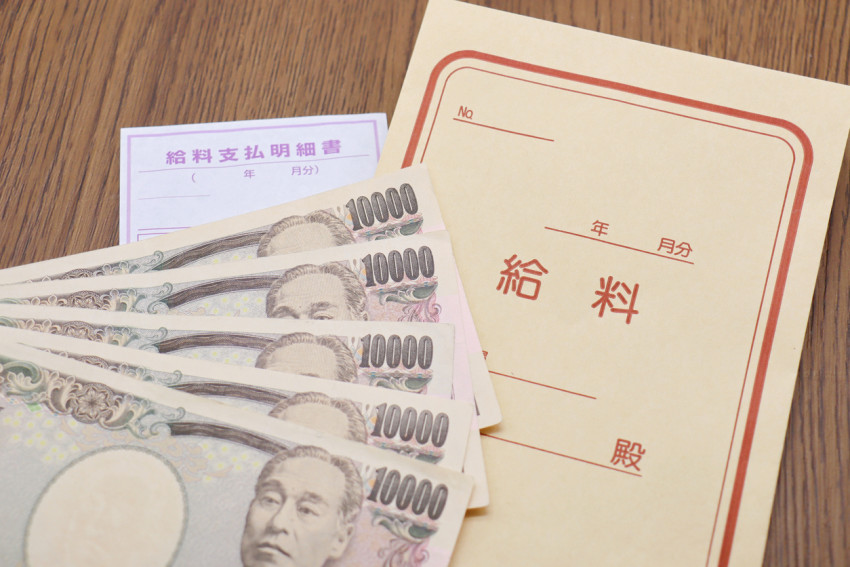
Japan's real wages in August fell 0.6 percent from a year earlier, marking the first decline in three months, as wage growth failed to keep pace with an acceleration of price increases, government data showed Tuesday.
The drop in inflation-adjusted wages, a barometer of consumers' purchasing power, also reflected the fading impact of higher summer bonuses paid in June and July. Real wages marked the first rise in 27 months in June.
Japanese companies agreed to their biggest wage hikes in three decades during this year's labor-management negotiations, driven in part by worker shortages. The government had repeatedly asked for pay hikes as it aims to create a positive cycle in which rising wages boost consumer spending.
Pay trends are being closely watched ahead of Japan's general election in late October, with new Prime Minister Shigeru Ishiba pledging to implement measures to accelerate real wage growth and boost consumer spending.
A ministry official said the pace of price increases could slow in the coming months, after the government began providing subsidies again to curb electricity and gas prices from August to ease inflationary pressures.
"We will monitor closely to see if real wages return to positive territory," the official said.
Nominal wages, or the average total monthly cash earnings per worker including base and overtime pay, grew 3.0 percent to 296,588 yen ($2,000), rising for the 32nd consecutive month, according to the Ministry of Health, Labor and Welfare.
Excluding bonuses and nonscheduled payments, average wages climbed 3.0 percent to 264,038 yen, the biggest rise in nearly 32 years. Overtime and other allowances were up 2.6 percent at 19,599 yen, the data showed.
Special cash earnings, largely reflecting bonuses, grew 2.7 percent to 12,951 yen, a slowdown from July's revised 6.6 percent increase, while the ministry estimates consumer prices rose 3.5 percent in August compared with 3.2 percent in July.
Average monthly nominal wages for full-time workers rose 2.7 percent to 377,861 yen, while part-time workers saw monthly pay increase 3.9 percent to 110,033 yen.
Separate data showed the nation's household spending also declined in August, falling a real 1.9 percent from a year earlier, the first decrease in two months.
Average spending by households of two or more people stood at 297,487 yen, the Ministry of Internal Affairs and Communications said.
Spending on transportation and communication dropped 17.1 percent as typhoons forced some car dealerships to close temporarily. Culture and recreation expenses fell 6.9 percent, partly due to an advisory about possible major earthquakes along the Nankai Trough that prompted people to put off traveling.
The average monthly income of salaried households with at least two people rose 2.0 percent in real terms to 574,334 yen in the reporting month, increasing for the fourth consecutive month.
Household spending is a key indicator of private consumption, which accounts for more than half of Japan's gross domestic product.

